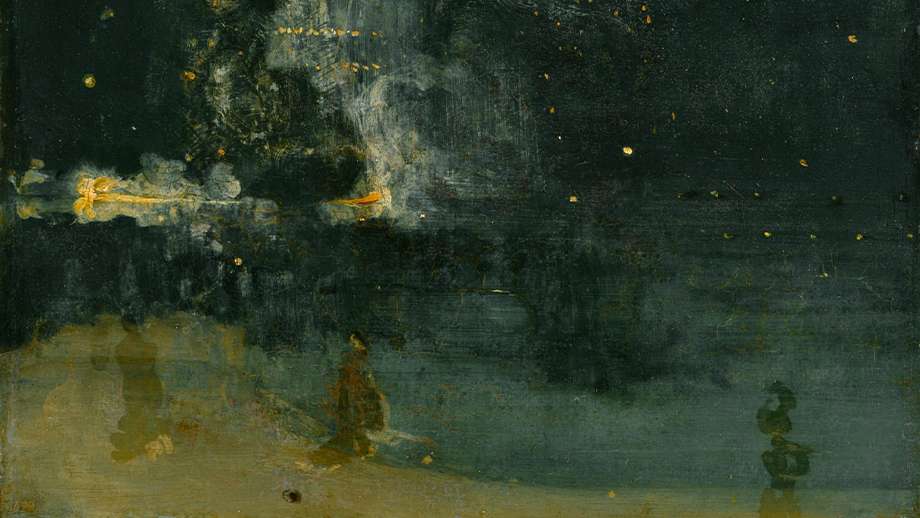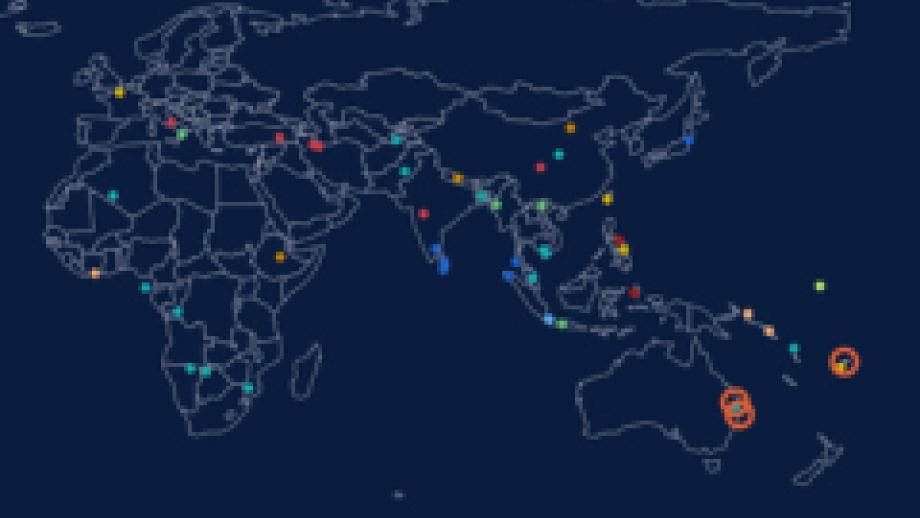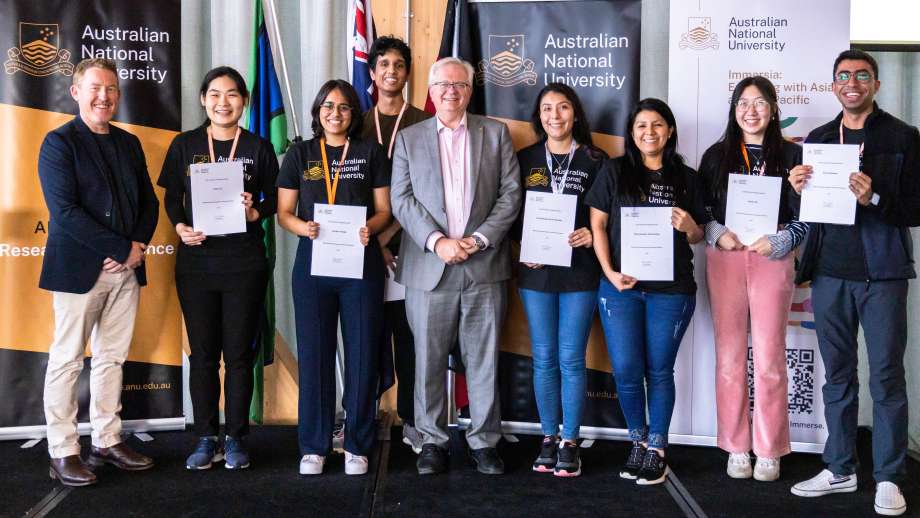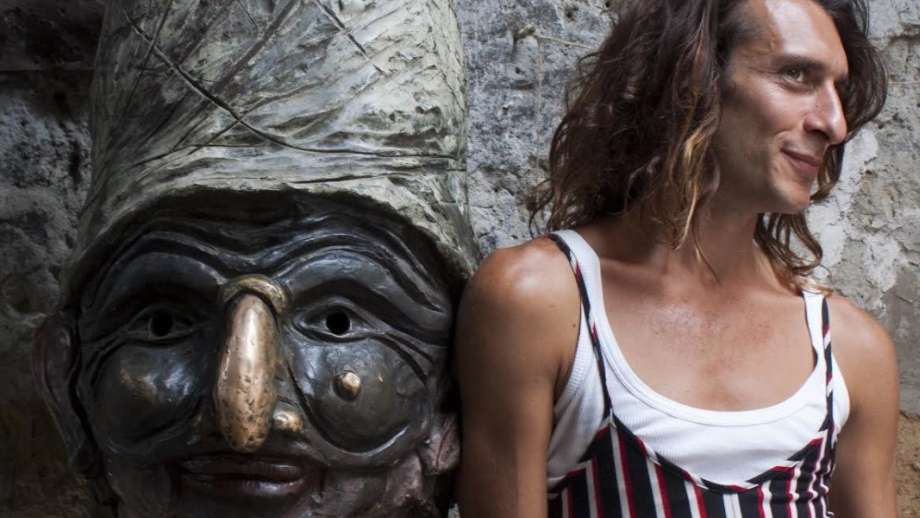International orders: Past, present and future
Presented by ANU College of Asia & the Pacific
This seminar explores the changing nature of international order. It examines how previous international orders rose and fell, using this analysis to outline the shape of contemporary world order, and pointing to the likely shape of things to come.
Speakers
Ayse Zarakol is Professor of International Relations at the University of Cambridge. Her research is at the intersection of historical sociology and IR, focusing on East-West relations in the international system, history and future of world order(s), conceptualisations of modernity and sovereignty, rising and declining powers, and Turkish politics in a comparative perspective. Her articles have appeared in journals such as International Organization, International Theory, International Studies Quarterly, European Journal of International Relations, Review of International Studies, International Relations, International Studies Review, Journal of Democracy, Cooperation and Conflict.
Andrew Phillips is an Associate Professor of International Relations and Strategy in the School of Political Science and International Studies at the University of Queensland. He formerly held an appointment as a Fellow in the Department of International Relations at The Australian National University. His research interests focus broadly on the evolution of the global state system from 1500 to the present, and concentrate specifically on the challenges that 'new' security threats such as religiously motivated terrorism, the spread of Weapons of Mass Destruction, and state failure pose to the contemporary global state system. Dr Phillips' book, War, Religion and Empire: The Transformation of International Orders (Cambridge University Press, 2011) examines the evolution of international orders in Europe, East Asia, and the Islamic world from the Protestant Reformation to the present, and offers the first book-length effort to synthesise insights from realism and constructivism in accounting for international orders' constitution and transformation.
Ben Zala is a Research Fellow in the Department of International Relations at the Coral Bell School. His work focuses on theoretical and historical approaches to the politics of the great powers and the management of nuclear weapons. His work has been published in journals such as Review of International Studies, Pacific Review, Cooperation and Conflict, Journal of Global Security Studies, Third World Quarterly, The Bulletin of the Atomic Scientists and The Nonproliferation Review. He has also published in media outlets and blogs such as The Straits Times, the Sydney Morning Herald, The Interpreter, and East Asia Forum.
Moderator
Cecilia Jacob is a Fellow in the Department of International Relations at the Coral Bell School. Her work focuses on civilian protection, mass atrocity prevention, and international human protection norms. She is currently completing a three-year Discovery Early Career Researcher Award (DECRA) fellowship from the ARC to study UN human protection practices. Her project, 'United Nations Peace and Security Reform for Human Protection', investigates how reform of the United Nations peace and security architecture is adapting to shifts in global power and the changing international order. It examines how these are in turn shaping the organisation's human protection practices in local conflicts. It aims to develop a new framework for studying the international-local interactions that influence global norm-making and implementation, using interdisciplinary methods drawn from sociology, international relations, and international law.
Location
Room: Hedley Bull Lecture Theatre 1
Speakers
- Professor Ayse Zarakol
- Associate Professor Andrew Phillips
- Dr Ben Zala
Contact
- Bell School Marketing Team



